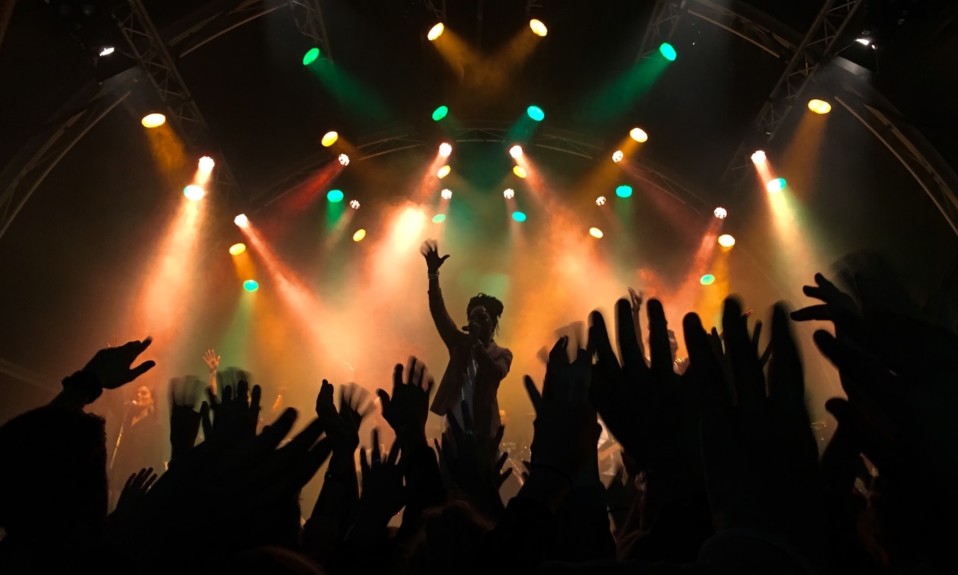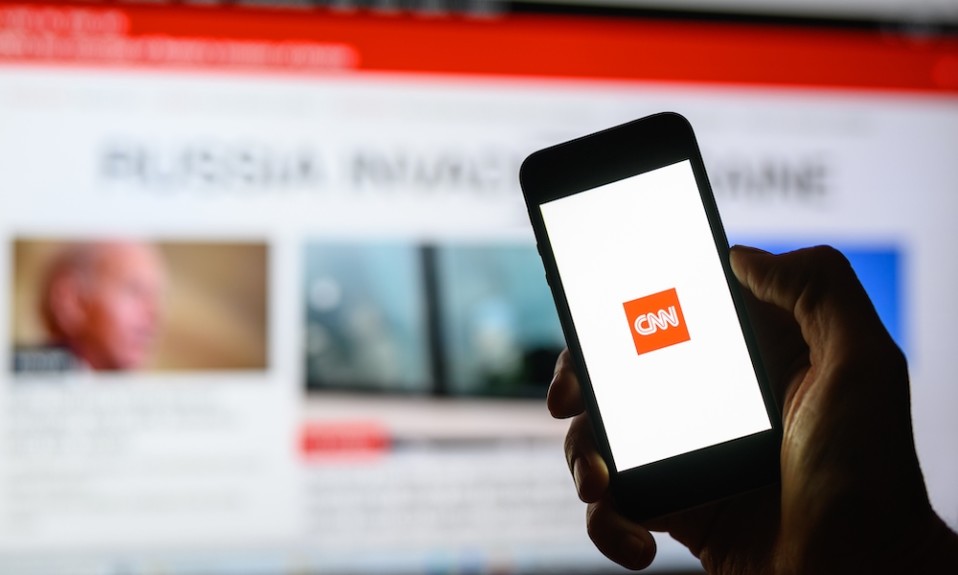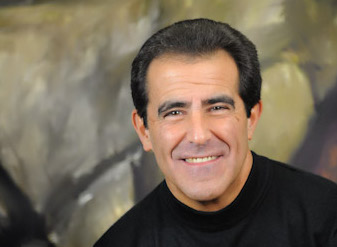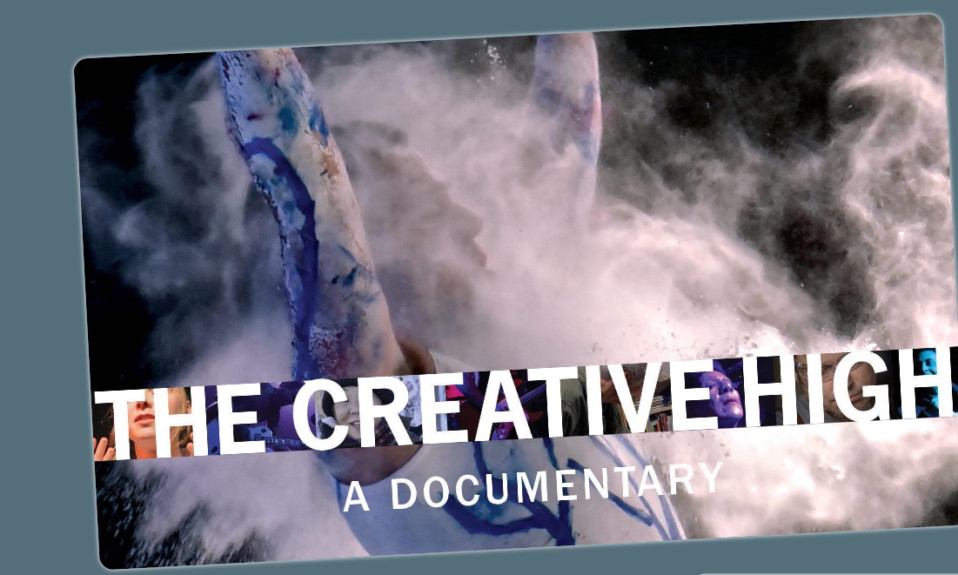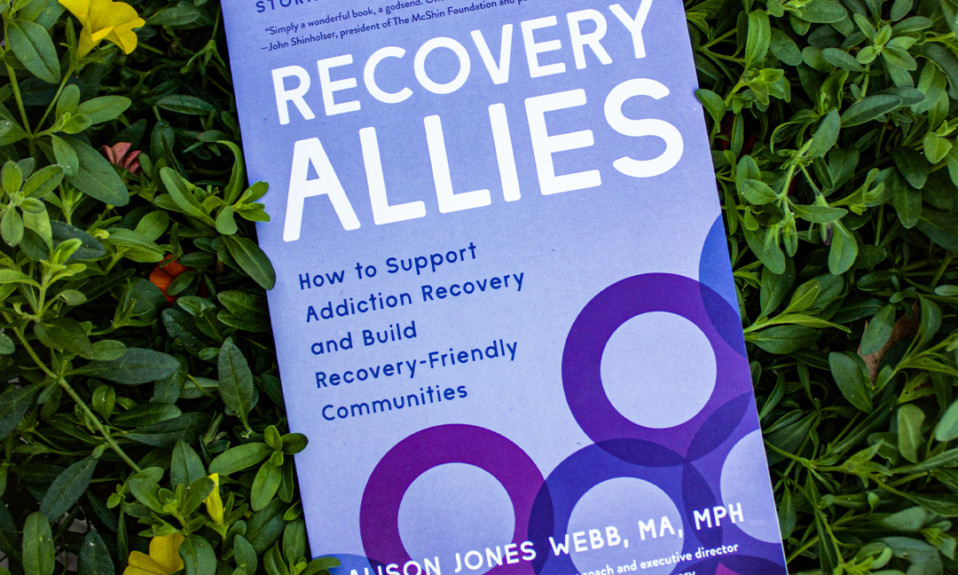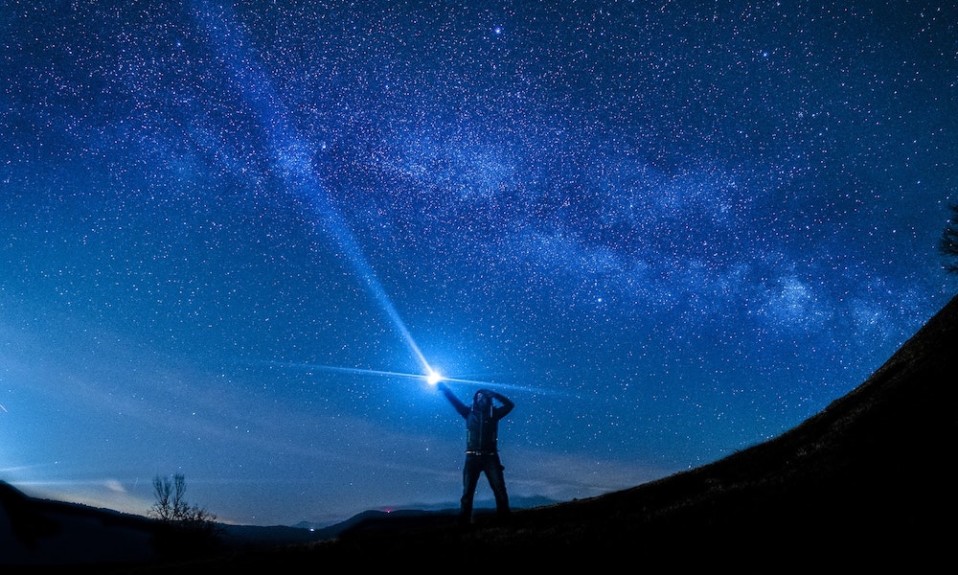You can still rock when you’re in recovery—you simply need to make a plan
By Olivia Wagner
As COVID-19 restrictions begin to shift across the U.S., concerts and music festivals are firing up again. Festivals including Lollapalooza and Rolling Loud were back in July after a one-year hiatus, and far more are slated for the months ahead. For many individuals in recovery, these developments have been met with a mixture of excitement and trepidation. Excitement because concerts are a blast; trepidation because they can be triggering.
“For large concerts, like stadium shows and auditorium shows, there are a few more options [for sober support],” says Alex Teitz, president and editor in chief of FEMMUSIC, an online music magazine focusing on women in music. “At smaller events, you do have more feelings of being ostracized.”
Despite the large number of people in recovery who attend concerts and festivals, there are surprisingly few resources available for them. Slowly but surely, however, that is changing. Sober AF Entertainment (S.A.F.E.) and Wharf Rats are among the organizations that have emerged over the years to help sober concert-goers remain that way.
I think we’re a ‘no smoking’ section 40 years ago. It’s this crazy idea that hopefully 10 years from now, there will be a sober section at all major sporting events, concerts and music festivals.”
—Duke Rumely, founder of S.A.F.E.
Wharf Rats helped to set the trend, forming in the early 1980s. According to the organization’s website, Wharf Rats are “a group of concert-goers who have chosen to live drug and alcohol free. We offer support, strength, fellowship and hope.” S.A.F.E. came into being three years ago and strives to create sober spaces at events ranging from concerts to festivals to sporting events. “I think we’re a ‘no smoking’ section 40 years ago. It’s this crazy idea that hopefully 10 years from now, there will be a sober section at all major sporting events, concerts and music festivals,” says Duke Rumely, founder of S.A.F.E.
How to Stay Sober
To make concerts and festivals more enjoyable for those who want to stay sober, we’ve put together four tips:
Bring a Support System
Find a friend or “sober wingman” who can be right there with you. Speaking from experience, Rumely says, “It makes the event that much more fun. You’re not constantly having to remind yourself that you can’t drink.”

Do Your Best to Create Distance from Substances
Teitz recommends staying as far away as possible from the bar and drink areas to avoid any potential triggers. Similarly, when in a crowd, it can be helpful to avoid looking directly at people’s drinks. Find other parts of the experience to focus on, like the music or venue.
Do Your Research Beforehand
Many bands and festivals have specific support groups associated with them that work to create safe spaces for those attending substance-free. For example, Wharf Rats were established by fans of the Grateful Dead and today have a presence at Dead & Company shows, as well as those by other bands. Phish fans can find support through the group Phellowship. And the Tennessee-based festival Bonnaroo sets up a space dubbed Soberoo that holds daily meetings. Look into the show or festival you’re attending to find out if any similar groups or resources exist.
Formulate a Plan
Have a plan in place that helps you avoid feeling triggered or uncomfortable at any point throughout the event. Whether it’s an exit route from the venue or a sponsor on speed dial, you should know what you’re going to do in the case of an emergency. This will put you at ease and make you better able to enjoy the event, which, after all, is the object of going in the first place.
Recovery Has No Limits
Bottom line? You don’t have to limit your activities just because you’re in recovery. You might discover that you have more fun going to a concert sober.
“Being sober, I enjoy the music so much more,” Teitz says. “I’ll be in the stage area early as opposed to everyone else grabbing their first, second or third round of the night.”
Top photo: Pien Muller


